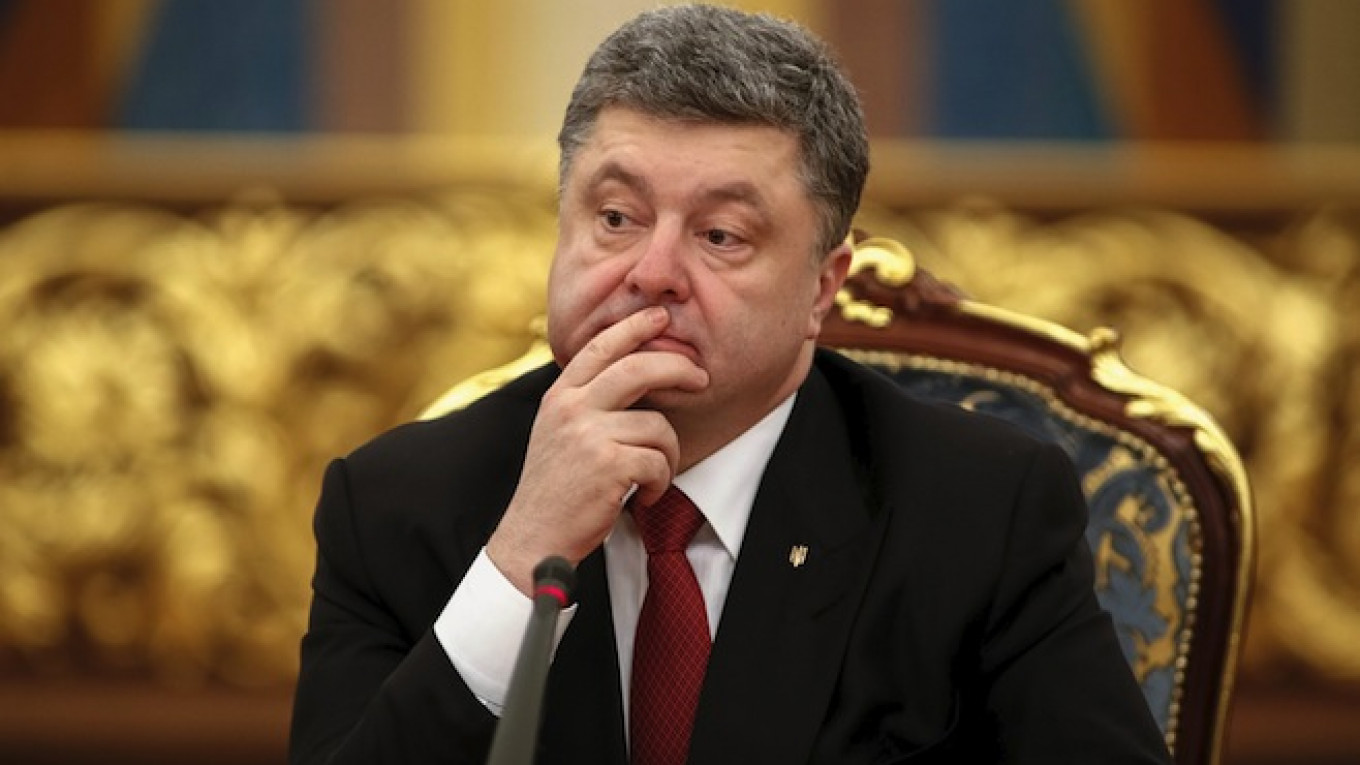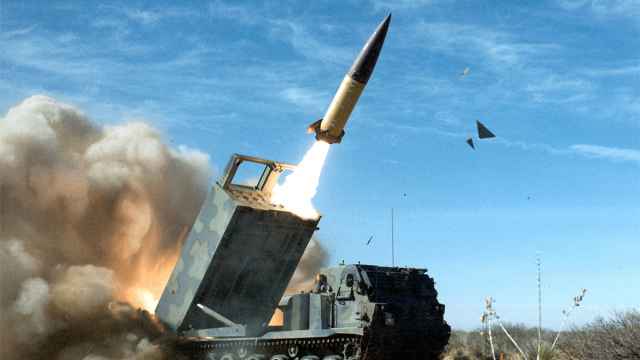MARIUPOL, Ukraine — Ukrainians voted Sunday in local elections seen as a test of strength for President Petro Poroshenko's government and for the oligarchs accustomed to running their own regions, but a last-minute dispute blocked the ballot in a key port city.
The vote took place with resentment and disappointment running high among the electorate.
Voters were choosing more than 10,700 local councils as well as mayors in elections held nationwide, except for in parts of the Donetsk and Luhansk regions of eastern Ukraine controlled by Russia-backed rebels. In eastern areas recaptured by government forces after fierce fighting last year, former separatists were running for office as candidates from the Opposition Bloc.
Voting was scrapped Sunday at the last minute in Mariupol, a major port and steel city on the Sea of Azov, where tensions have been brewing over the influence of Rinat Akhmetov, Ukraine's richest man whose industrial holdings are key to Mariupol's economy.
Nerves in Mariupol were already frayed after more than a year of worry that the city was about to be overrun by the Russia-backed rebels who had seized territory just a few kilometers away.
On Sunday, the local election commission in Mariupol refused to accept the ballots because they had been printed by a company owned by Akhmetov, who supports the Opposition Bloc.
"They are trying to throw us back to the terrible past when one oligarch decided the fate of elections, but today the situation has changed," said Alexander Yaroshenko, the mayoral candidate for Mariupol from the party of Yulia Tymoshenko, a former prime minister.
The Opposition Bloc accused the government of suspending the local election in Mariupol because it feared total defeat.
"We clearly see in Mariupol the battle between forces for Akhmetov and forces against Akhmetov," said political analyst Oleksandr Solontai.
Poroshenko ordered the national parliament and central elections commission to make sure the vote in Mariupol took place soon.
A similar situation occurred in the nearby eastern city of Krasnoarmiisk, where the vote was postponed when local election officials refused to accept the ballots.
Sunday's election was the third held nationwide since the chaotic overthrow of Ukraine's pro-Moscow president in February 2014, the annexation of Crimea by Russia a month later and the start of the war with Russia-backed separatists that has killed more than 8,000 people and left much of the country's industrial treasures outside central government control.
As Ukraine struggles to find stability and repair its deeply wounded economy, its people are dismayed with the national government and despairing of its ability to tackle widespread corruption. A September poll by the International Republican Institute showed two-thirds of the population was frustrated by the pace of reform and more than half disapproved of the government.
The incumbent mayor of Kiev, former heavyweight boxing champion Vitaly Klitschko, faced 28 challengers.
"I'm tired of waiting for the happy European future promised by the government," said Olga Nosik, a 53-year-old seamstress who supports one of the other mayoral candidates in the capital.
In Dnipropetrovsk, another major industrial city, the competition for mayor heated up between a candidate from a party made up of supporters of the ousted president and one backed by local tycoon Ihor Kolomoysky, a contentious figure who has funded battalions of fighters who opposed the separatist rebels.
A Message from The Moscow Times:
Dear readers,
We are facing unprecedented challenges. Russia's Prosecutor General's Office has designated The Moscow Times as an "undesirable" organization, criminalizing our work and putting our staff at risk of prosecution. This follows our earlier unjust labeling as a "foreign agent."
These actions are direct attempts to silence independent journalism in Russia. The authorities claim our work "discredits the decisions of the Russian leadership." We see things differently: we strive to provide accurate, unbiased reporting on Russia.
We, the journalists of The Moscow Times, refuse to be silenced. But to continue our work, we need your help.
Your support, no matter how small, makes a world of difference. If you can, please support us monthly starting from just $2. It's quick to set up, and every contribution makes a significant impact.
By supporting The Moscow Times, you're defending open, independent journalism in the face of repression. Thank you for standing with us.
Remind me later.






